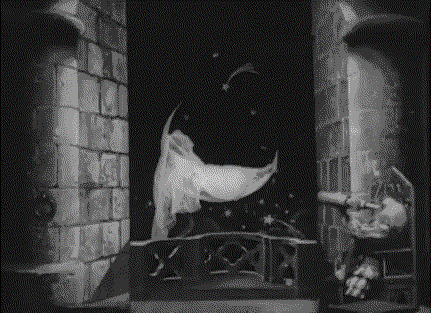Marie Skłodowska-Curie Action IF FIEC
H2020 MSCA IF
“FIEC - Fiction, Imagination, and Early Cinema”
Fiction, Imagination, and Early Cinema has received funding from the European Union’s Horizon 2020 research and innovation programme under the Marie Sklodowska-Curie grant agreement No 746619. The project will be undertaken by Dr. Mario Slugan under the supervision of Professor Daniel Biltereyst. it runs from 01/10/2017 until 30/09/2019.
The project

Methodologically, the project is highly unique in its twofold approach. On the one hand, the proposal draws on analytic philosophy to articulate the key concepts informing the inquiry – fiction and imagination. Fiction, crucially, is construed as “any mandated imagining/make-believe” following the work of Kendall Walton. On the other, the project applies the new film history method to late 19th- and early 20th century sources such as trade press, catalogues, lectures, and more general discourse on cinema and adjacent cultural practices to determine what place the notions of fiction and imagination played in the production, promotion, exhibition, and reception of early cinema.
Objectives
These are the objectives of FIEC:
- Use early cinema as a model for understanding fiction
- Provide an account of the importance of imagination in engagement with early cinema
- Move away from intentionalist accounts of fiction
Role of Ghent University
Ghent University is the beneficiary partner in this project.
Contact
Dr. Mario Slugan
Department of Cinema and Media Studies
E-mail: Mario.Slugan@UGent.be
Supervisor: Prof. Daniël Biltereyst
Department of Communication Sciences
09 264 68 64
E-mail: daniel.biltereyst@ugent.be